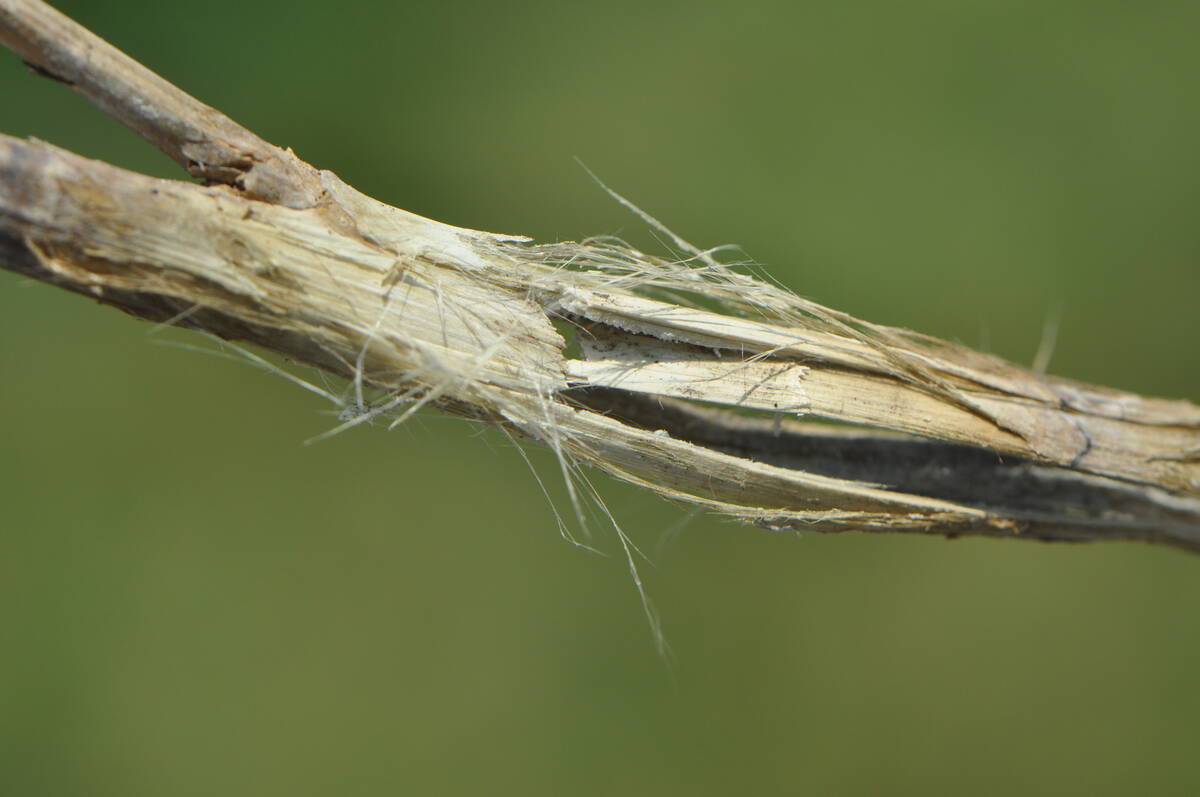 As the 2013 grain harvest gets underway it is important for grain producers to take steps now to reduce potential insect infestations in stored grain, according to the Canadian Grain Commission.
As the 2013 grain harvest gets underway it is important for grain producers to take steps now to reduce potential insect infestations in stored grain, according to the Canadian Grain Commission.
“Although this year was not as warm as the preceding summer, there is ample potential for stored grain insects to infest bins as grain comes in from harvest,” explains Brent Elliott, infestation control and sanitation officer.
Read Also

Manitoba sclerotinia picture mixed for 2025
Variations in weather and crop development in this year’s Manitoba canola fields make blanket sclerotinia outlooks hard to pin down
Before harvest
Even before harvest begins, insects may be attracted to bins if there is enough debris for them to feed on. Producers can prepare their empty bins for storage by:
- Ensuring bins and areas around bins are clean and free of debris;
- Repairing or sealing any cracks or crevices. Even small amounts of grain can attract insects;
- Treating bins with a registered insecticide;
- Cleaning and treating aeration plenums and spaces under bin floors where debris may collect and attract insects.
After harvest
To maintain overall grain quality and minimize insect pest problems once grain is in storage, producers should dry grain before storing it, if necessary, to bring it to the recommended moisture content.
Producers should also:
Use aeration to help control the heat and moisture of grain in storage, particularly if grain is stored at a high temperature.
Bring grain temperature below 15 C and moisture content to recommended level as quickly as possible.
Keep the temperature of grain low and uniform, below 15 C.
While daytime temperatures remain high, run fans only at night.
When air temperature is cooler than grain, run fans 24 hours to cool and dry grain.
If using aeration, keep the surface of the grain inside the bin as level as possible to avoid the collection of moisture in the cone.
Monitor grain routinely to ensure insects are not becoming a problem.
The Canadian Grain Commission offers resources on managing stored grain on its website, www.grainscanada.gc.ca.


















